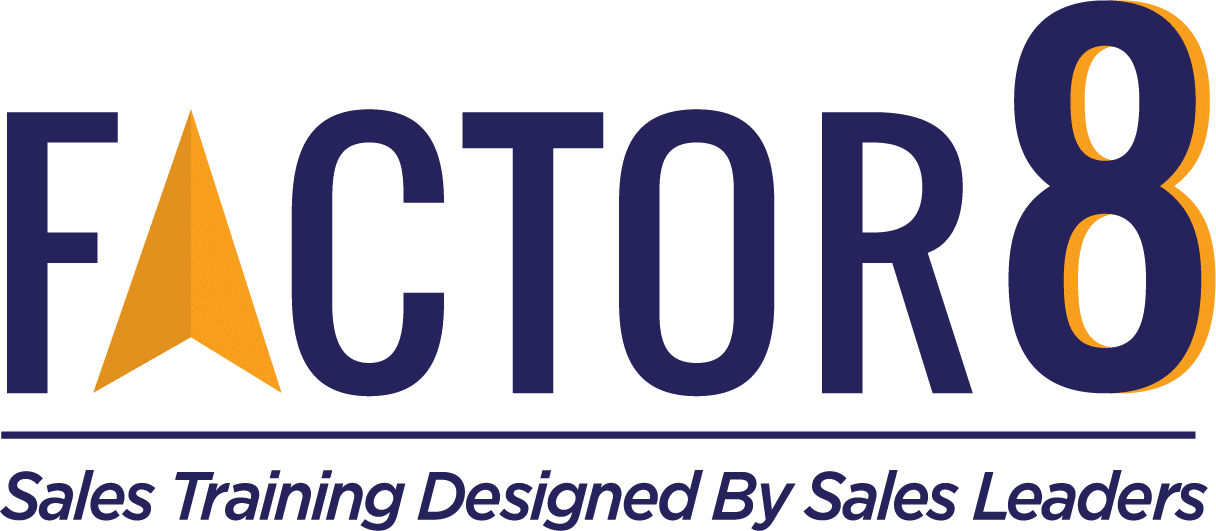Tips for Successful Sales Rep Onboarding
When I was in corporate America leading training organizations, my “white whale” was onboarding. I built programs, I improved programs, I chased the ever-elusive perfect new hire training experience. Pretty dorky, I guess. But MAN what a challenge.
I measured success by ramp time. Even that requires a special report of rep success by hiring cohorts (go ask for this now, it takes a while to build). And like the old game show “Name that Tune,” I challenged myself to get each group to quota in slightly fewer weeks.
I found great success, usually to the tune of about 50-100% decrease in unproductive time – or twice as fast to quota. I did it for an outsourced IBM hardware program hiring hundreds/year, for international launches of virtual SAP teams selling software, and even for small groups of reps selling waste management services (yes, I can tell you a lot about dumpsters now).
There are many keys to success – it’s a complex animal, isn’t it? Here are a few of my favorites:
- Institute rigor. Most trainers and reps approach new hire training as a break time. Reps get lazy and trainers “fill time.” Instead, think of the final 2-3-week step of the job interview. I’m talking daily tests, on-time starts, and class stack-rankings. It fosters an achievement culture.
- Self-guidance speeds learning over hand-holding. When onboarding a remote team, the go-to move is hours of Zoom calls with experts spewing data (sadly, this is called “teaching.”). Instead, put your newbies in charge of finding information, drawing conclusions, and completing tasks. You can use recordings of past “training” + your intranet and website to complete a quiz that invites decisions or conclusions and mirrors what the customer may ask. For example, after listening to your product person give the history of your solution set, they answer questions about product features of the most recent product and how it’s different from your competitor’s solution.
- Include all key areas. Most programs go heavy on systems and products. But that is a fraction of the picture. Reps and Managers need knowledge and skills in:
- Business, industry, & customer acumen: this gives us conversation confidence
- Sales skills. Even if you hired for experience, they’ll need to flex new muscles with your services in your industry in your sales motion (e.g. the online demo, virtual selling vs. face-to-face presentations) This is the easiest to outsource.
- Process. Remember Schoolhouse Rock? How a Bill Becomes a Law? Reps and especially managers need to know how a prospect becomes a renewal – the steps and departments and people involved in the business of your business.
- Product. Make this better by teaching them how to SELL it, not it’s full history.
- Systems. Make this better with scavenger hunts and timed drills. Can they talk and order entry and multi-task at once? It’s a key success factor.
- Just in time training. Resist the temptation to deliver training for the whole job upfront. They’ll only retain about 10% of what they don’t apply immediately. And frankly, you’ll scare them more than you’ll help them. Focus onboarding on what they need their first month on the job. Drill it to build confidence and let them loose. They’ll come back for the rest. Confidence is the name of the game for new reps, so let them graduate not knowing what they don’t know.
- Synthesis. Now that you know the five categories, mix them up and drive scenarios where they use them together. The key is to mimic the job. Have them use the CRM to look up customer data, in a sales role-play where the customer is talking about a product. You know, a typical call. Bonus: have them play along while listening to real recorded calls. Tip: if you’re assigning a single-thread task, re-think how to add a layer or how to add an assignment and/or rigor to it. Don’t just attend a session, write a report, create a video, answer ten questions. You get it.
- Application. Remember, the goal isn’t a perfect quiz score, the goal should be a well-executed call. What we know and what we can do under pressure are different. Consider using a call coaching or QA form as your final test and have their manager play the customer and give them their grade.
- Voice of the customer is key. Use recorded calls, case studies, even joint interviews of customers to get a feel for your ICP and why they chose you. Recorded calls are my favorite. Play the pause game where you listen to a sales call and pause every 5-10 seconds. Ask, “What is the customer thinking” and “What would you do next?” It’s the best way to get reps into the mind of the customer – making them better sellers.
- Keep managers at about 20%. Here’s a double-edged sword. YES, we want managers involved in new hire training but they SHOULD. NOT. OWN. IT. Your managers are the busiest people in your company and by putting new hire onboarding on their plate, you’re asking that the rest of their team receive no more coaching. Managers should do a daily check-in, a few role-play tests, and expectation-setting meetings. Hire a trainer or a coach to manage the rest. Training is a professional skill and done right will triple the retention of your trainees.
BONUS: Get on the phones as soon as possible! Find the low-probability deals, the lost accounts, or data-cleansing lead projects to get reps outbounding and talking to prospects ASAP. They’ll learn more from their mistakes, they’ll find their fail points and fears and be able to address them.
Is training part of your sales rep onboarding plan? It should be!
Download our Overview Brochure to learn more about our virtual and inside sales training programs for both sales reps and sales managers.

